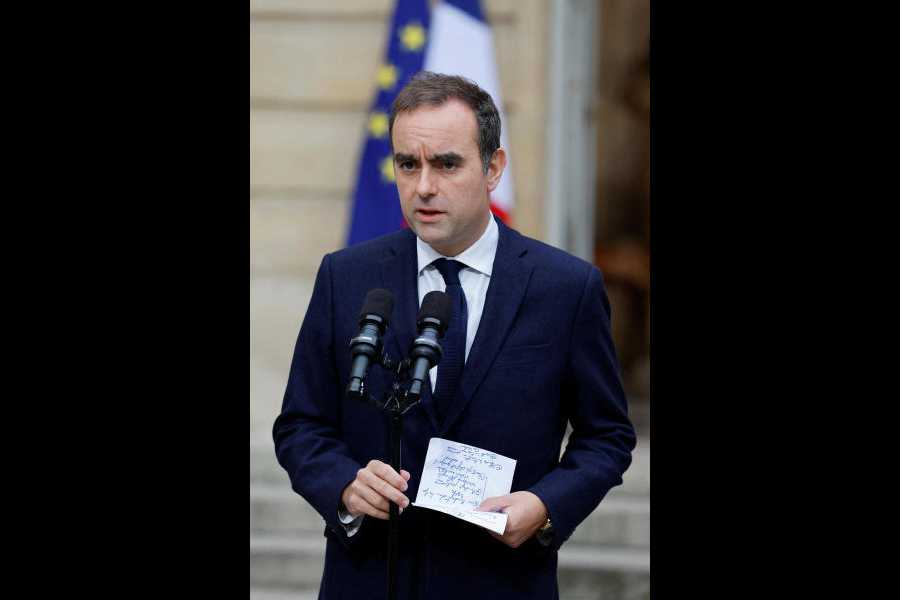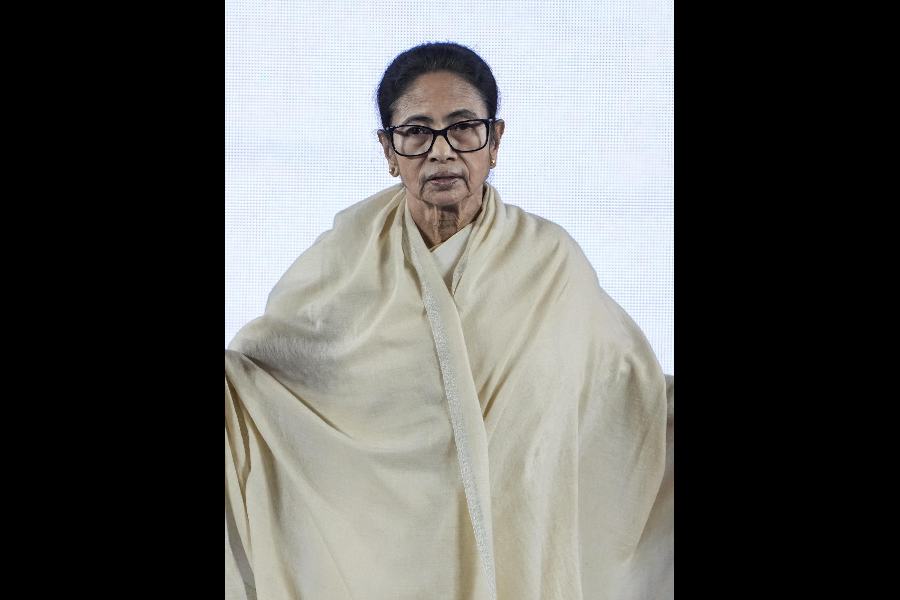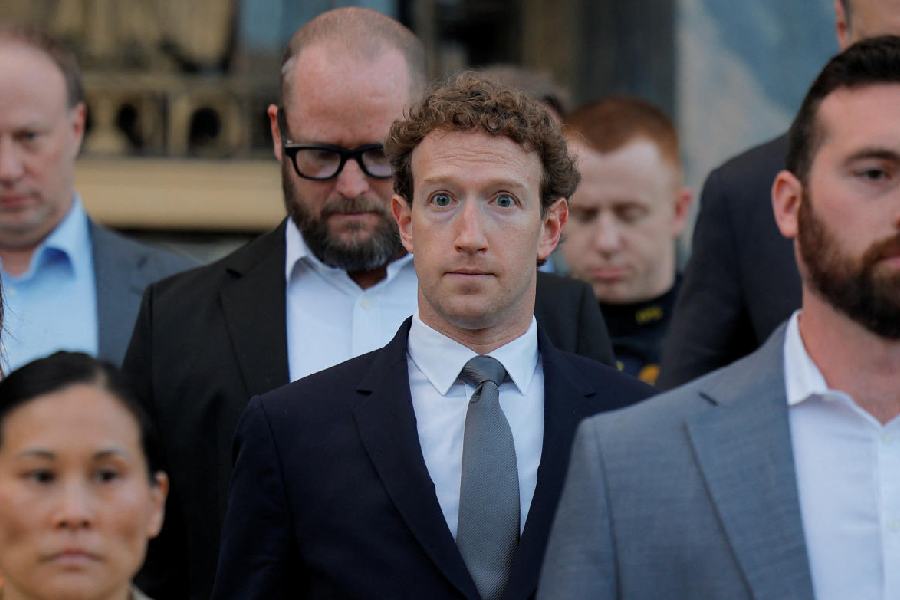Sebastien Lecornu, after leading a government that lasted 836 minutes, has now become Prime Minister of France for the second time in a week, without it being clear why his chances of success might be greater this time.
After delaying the appointment until deep into the evening on Friday, President Emmanuel Macron again asked Lecornu, a close centrist ally, to form a government, in what appeared to be an admission that he had run out of options.
“One has the impression that the more he is alone, the more rigid he grows in his initial position,” Marine Tondelier, the leader of the Green Party, said after she attended a meeting on Friday between Macron and the leaders of several parties.
France, a nuclear power and one of the five permanent members of the United Nations Security Council, has a certain idea of itself. It is not that of a country whose last government survived for less than a day. The descent of the nation into tragicomic turmoil has caused widespread alarm and allowed Macron’s chief rival, the far-right leader Marine Le Pen, to deplore a “desperate, pathetic spectacle”.
She wasn’t alone in her censure, as a torrent of criticism met Macron’s choice. Lecornu will restart his efforts to form a government in a country in a state of severe institutional crisis, tethered to a President who, after more than eight years in power, has never been so isolated or scorned.
“Lecornu II is a bad joke, a democratic ignominy and a humiliation for the French people,” said Jordan Bardella, the popular president of Le Pen’s anti-immigrant National Rally party. She wants Macron to dissolve a deadlocked Parliament and call legislative elections in which her party could well gain enough seats to form a government.
Macron’s conduct this year in selecting, from a weak position, three Prime Ministers from his own centrist or centre-right camp — the third of them for a second time on Friday — has appeared increasingly incomprehensible, culminating in calls from exasperated former allies for him to explain his stubbornness or resign.
Worried that his economic reforms, including raising the retirement age or cutting the corporate tax rate, might be reversed, Macron has refused to reach out to the centre left, despite the fact that a now frayed alliance of left and far-left parties won more seats than any other group in the 2024 legislative elections.
Rather, with fewer votes, he has attempted to exercise more power. This stance has been widely viewed as showing contempt for the people’s will, never a comfortable position in France.
New York Times News Service










